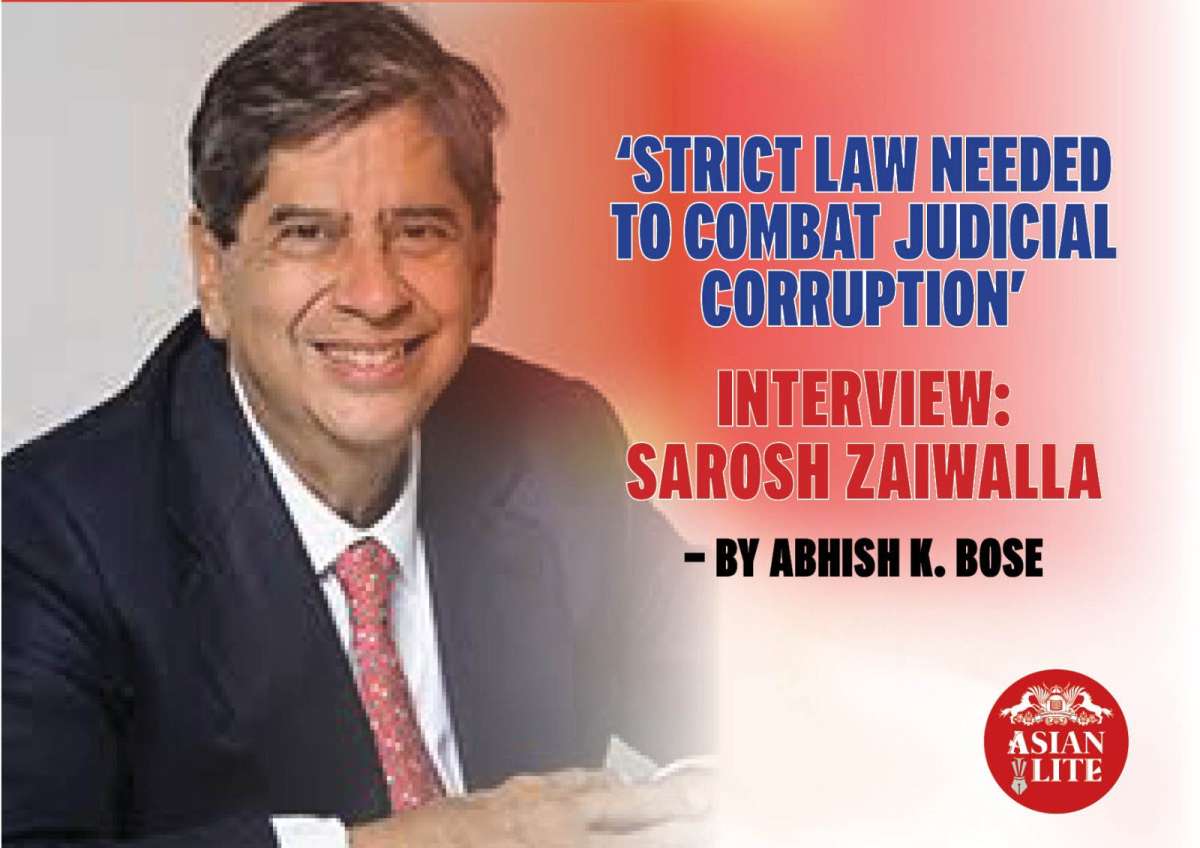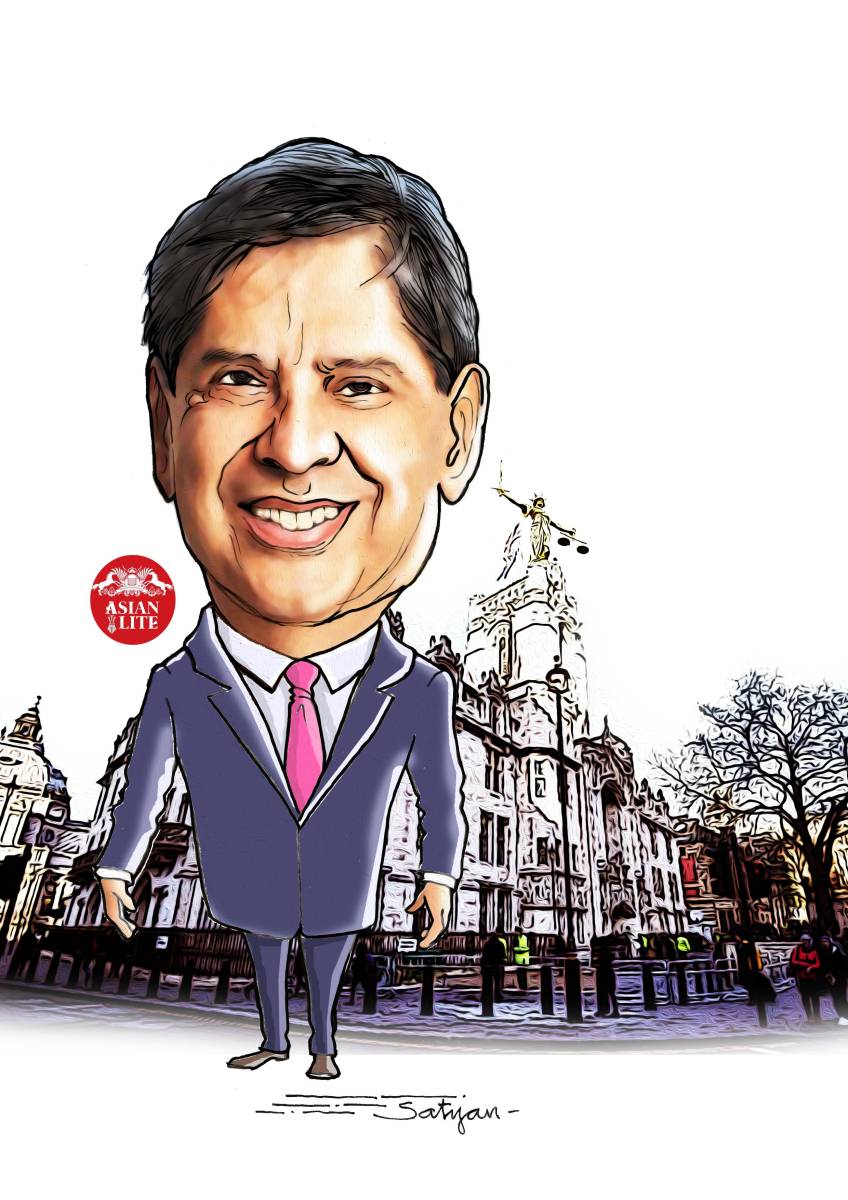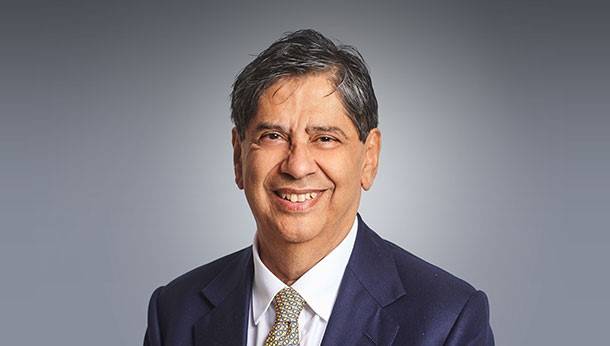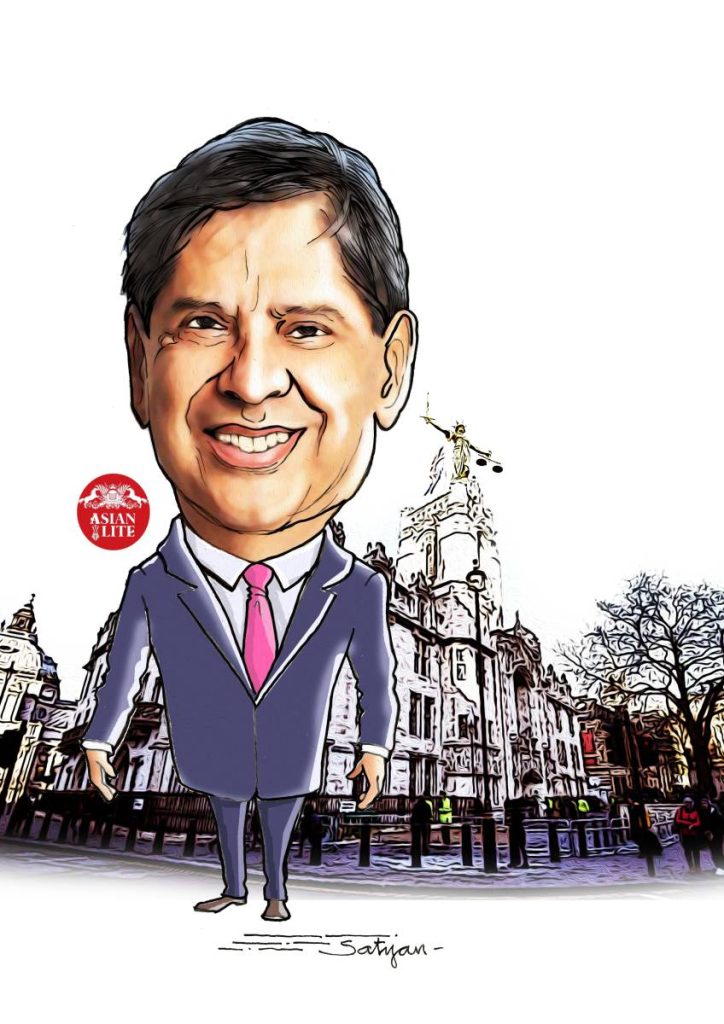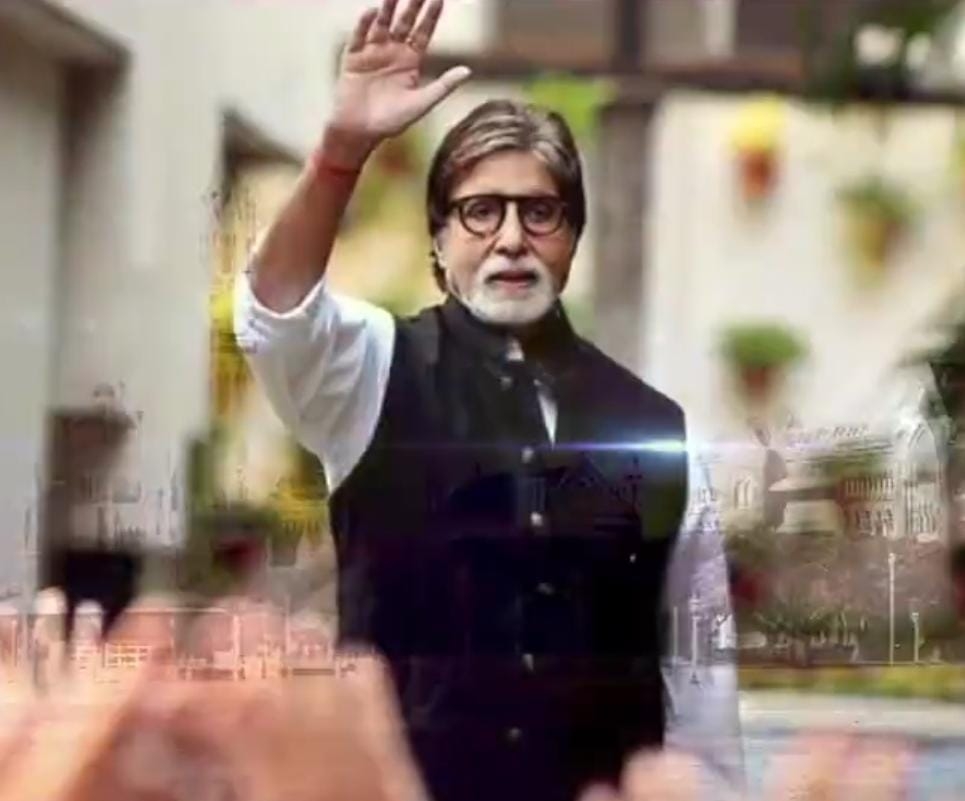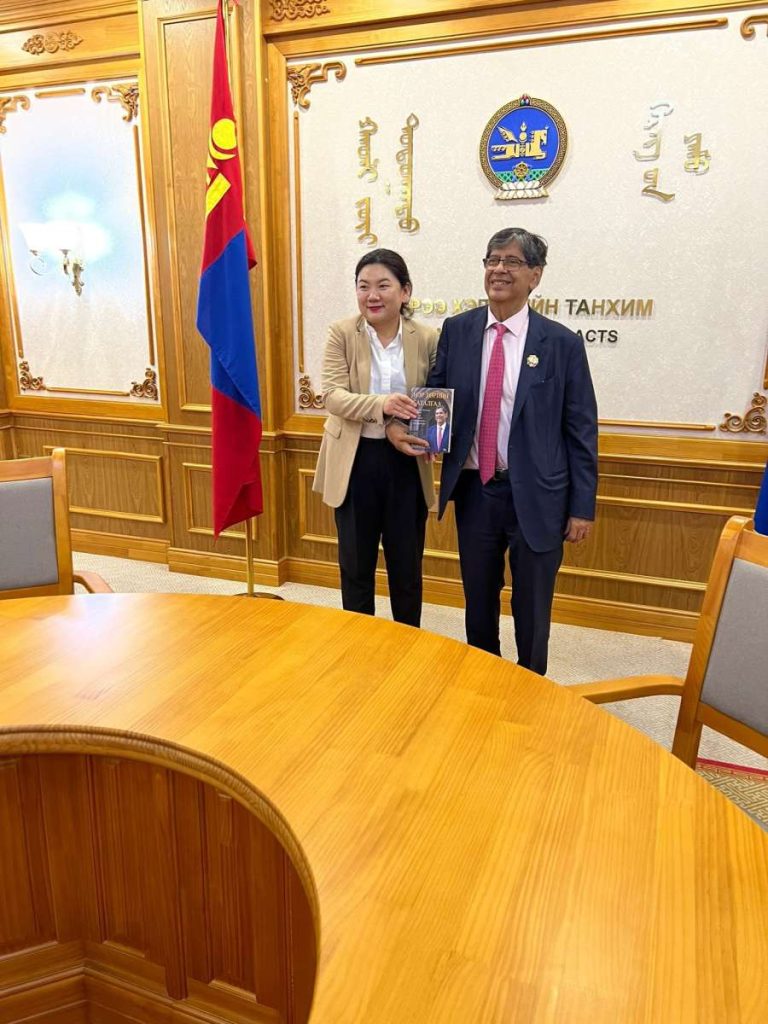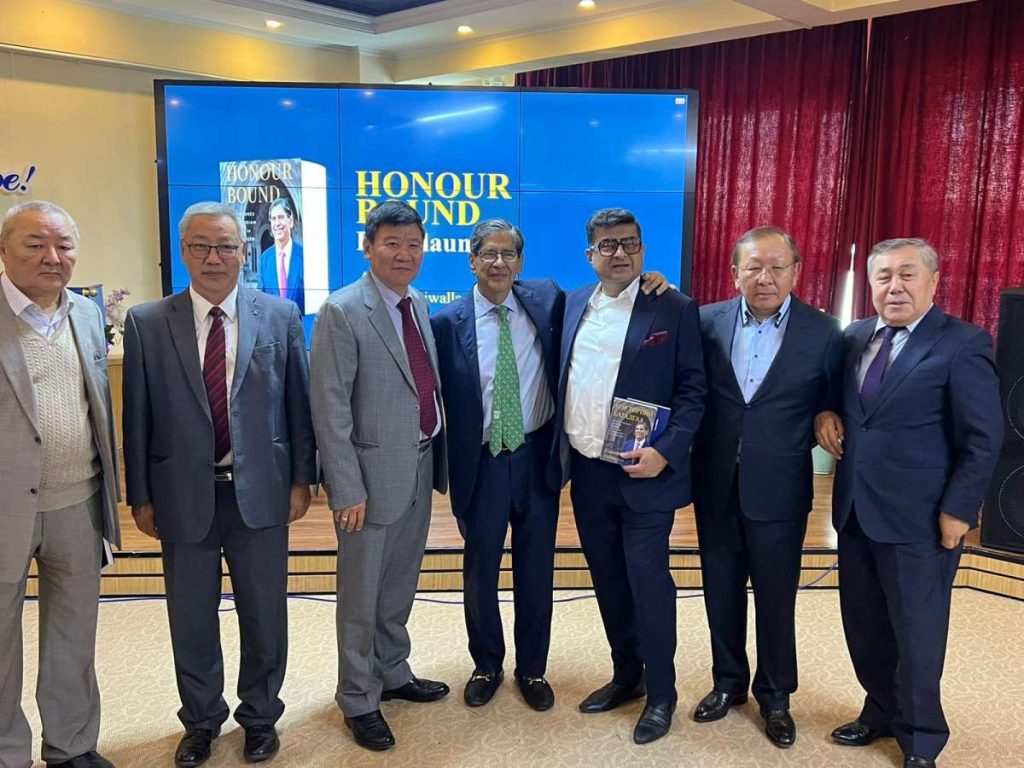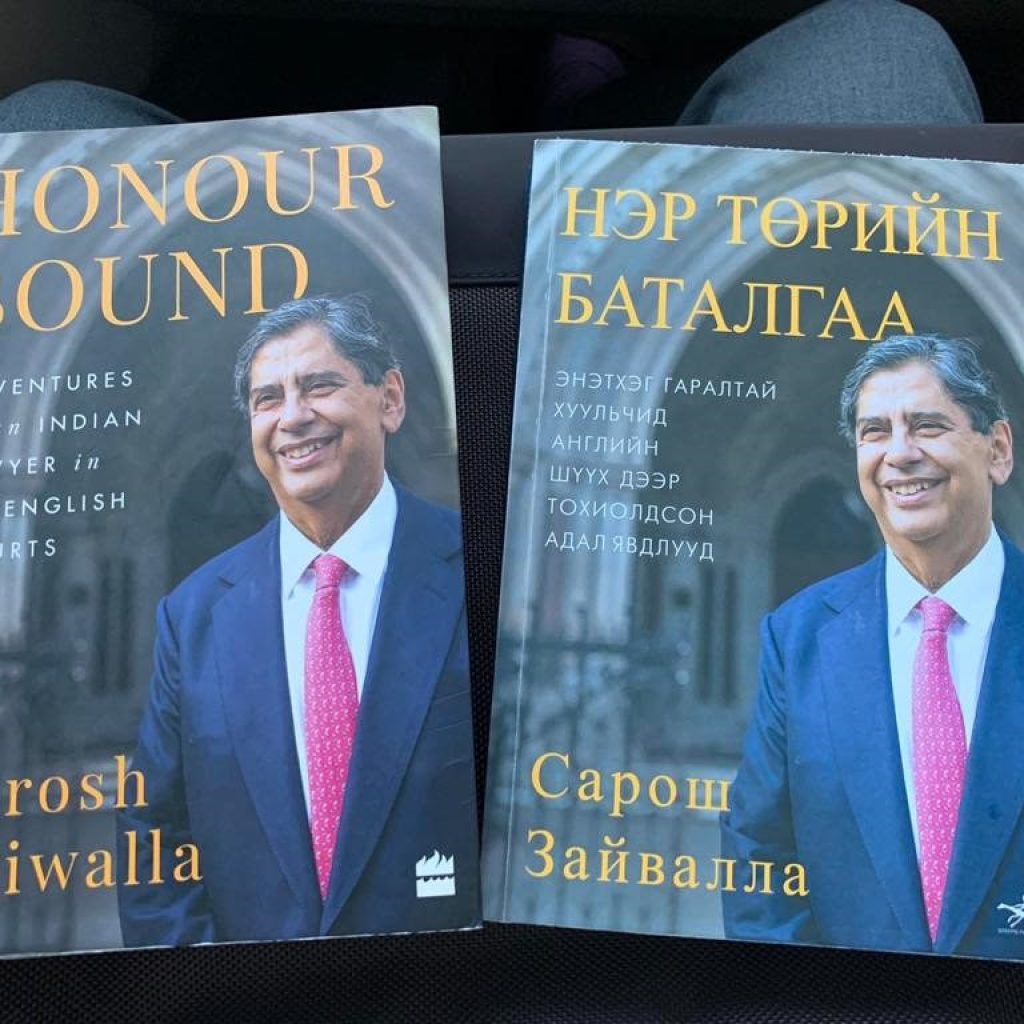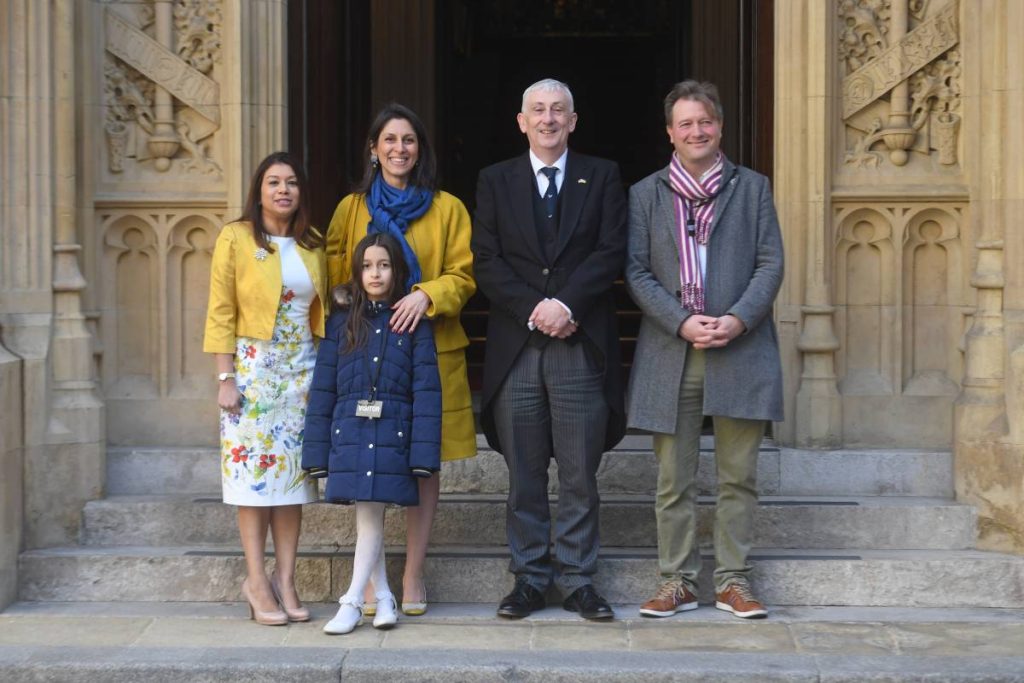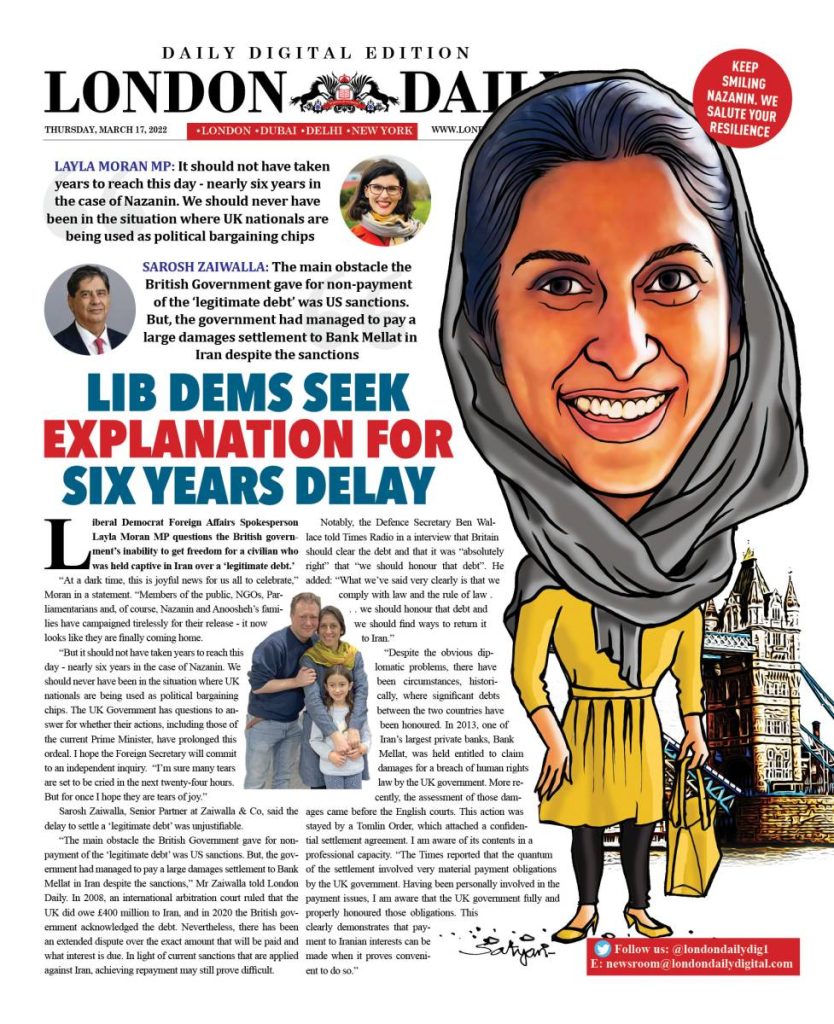‘To immunize the Indian judicial system from corruption Indian Parliament should pass strict criminal law to punish those who are part of the corruption’
Dr Sarosh Zaiwalla founded Zaiwalla & Co in London in 1982. It is the first English solicitors firm in the one “Square Mile” financial and commercial district of the City of London started by a solicitor from India. The firm is internationally known for turning around difficult cases and achieving success where there is a large amount and important legal issues at stake.
In 1983, the firm obtained India’s first ever success in the House of Lords on an issue involving compound interest. This was a test case which resulted in a saving of over US$5 million for India, at a time when India was undergoing a foreign exchange crunch. Over the years Sarosh has been involved in over 1200 International Arbitrations in London and worldwide. He has acted for many prestigious clients including the President of India, China National Petroleum Corporation, NIDC of Iran and International Public Corporations. He also successfully handled the libel proceedings in the Bachchans Bofors case. Zaiwalla & Co succeeded for Bank Mellat of Iran in the UK Supreme Court challenging the listing of the bank under Iran’s Nuclear Proliferation Sanctions and thereafter successfully obtained a large damages claim for the bank against the UK Government. At present, the firm is acting for the Central Bank of Venezuela against the Bank of England for the return of 31 tons of gold valued at US$2.1 billion which Venezuela had deposited with the Bank of England in its safety deposit vaults.
In 2019, at the invitation of Harper Collins India, Zaiwalla authored his first memoir titled ‘Honour Bound – Adventures of an Indian Lawyer in the English Courts’. The book has been read all over the world and details Mr Zaiwalla’s remarkable legal career and most interesting cases throughout the years. It also sets out the story of Zaiwalla’s contribution to the development of diversity in London, which has proved to be of great significance given the recent appointment of the first British Asian Prime Minister in the UK. In September 2022, Mr Zaiwalla was invited to Ulaanbaatar by the Mongolian Government to launch the Mongolian language edition of his book. During his visit to Mongolia, Sarosh was awarded by Mongolia’s Ministry of Law & Justice a Medal of Honour on behalf of the Mongolian Government for having succeeded for a Mongolian State organisation, Erdenet Mining Corporation, recovering a debt owed of US$20 million against the Kazakhstan Government.
From 1990 to 2002, Mr Zaiwalla was a member of the International Court of Arbitration of the ICC Paris where he held India’s seat for 3 terms of 4 years. In October 2002, Mr Zaiwalla was awarded with India’s Annual National Law Day by the Indian Prime Minister, Mr Vajpayee, for his outstanding contribution to the field of International Arbitration Law. In May 2004, Mr Zaiwalla had the honour to be personally asked by His Holiness the Dalai Lama to facilitate a dialogue with the Government of the People’s Republic of China with a view to finding a peaceful resolution relating to Tibet. In October 2007, Mr Zaiwalla was invited by the United Nations Secretary General Ban Ki Moon to New York for an extensive one-to-one consultation on issues related to World Order.
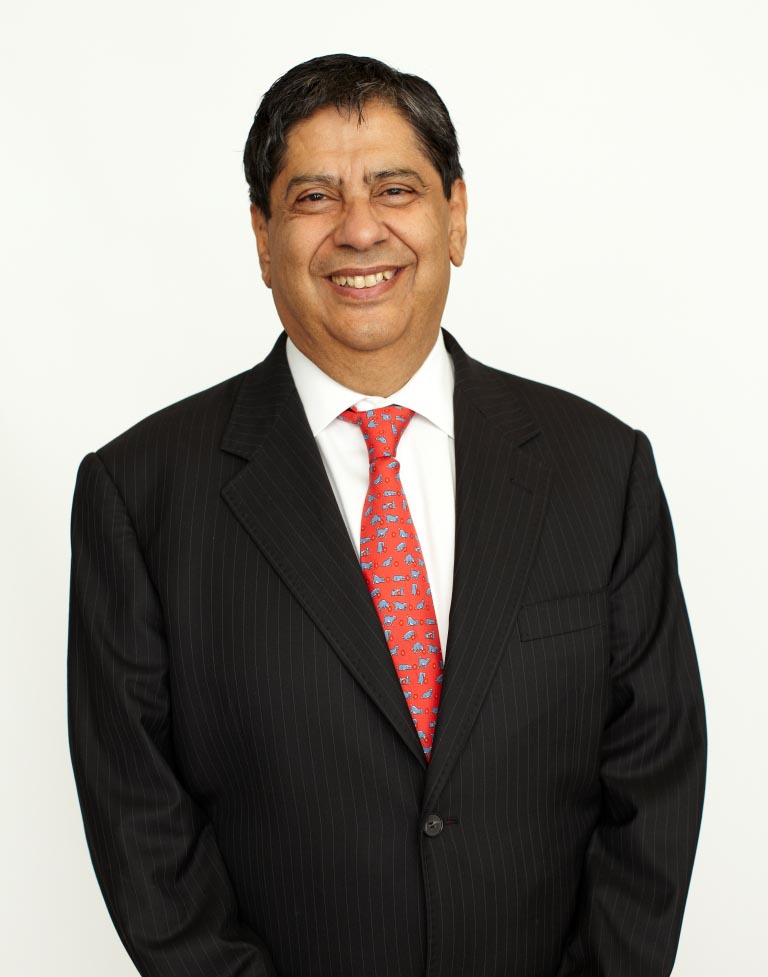
Mr Zaiwalla has undertaken several overseas visits as part of the business delegation accompanying the UK Government Ministers and the Lord Mayor of the City of London.
The Times named Mr Zaiwalla as ‘Lawyer of the Week’ in 2020 for his success in the Court of Appeal in favour of their client, the Central Bank of Venezuela, against the Bank of England. This ongoing case raises important questions of law and has been covered widely in the media.
In an interview with Asian Lite’s Abhish K. Bose he reflects on a number of questions ranging from his experience as a lawyer in the English Courts to the alleged incident of corruption in the Kerala High Court.
Excerpts from the interview
Abhish K. Bose: Your growth as an Indian lawyer finding success in the English courts was a rare feat. You recalled that there were racial tensions which often obstructed your way in the beginning of your career. How different is the scenario now? Is it still the same or has it mellowed a lot?
Zaiwallaa: Indeed there were racial barriers in the beginning of my career in London, however as Britain is a fair society which strictly follows the Rule of Law, these barriers were not insurmountable, if handled with understanding and care. I recognised early on an important factor. Unlike the USA, which is a country of immigrants, the UK is a country of natives and I have to respect the natives customs and traits followed in both friendship and commercial relationships. In England, I have found through experience that so long as one maintains a decorum of courtesy and honesty, one gets a corresponding helpful response in return. This I found applied at all levels, from men on the street to the judiciary and political leaders. Nowadays the UK is much more open and diverse, and the appointment of the first Asian Prime Minister with an Indian background is a wonderful illustration of the growth the United Kingdom has achieved and is a very encourage step towards the ‘One World, One Mankind’ principle.
Abhish K. Bose: What are the qualitative differences manifested in the English legal system compared to the Indian legal system? Can Indian legal system imbibe from the British system at a phase of significant decadence in the Indian system and when allegations of cooption to the governmental pressures sprung up even at the pronouncement of verdicts?
Zaiwalla: The Indian legal system followed the English legal system as it was to apply to the British colonies at that time, therefore making it a non-flexible system in the best interest of the British empire. I have found Judges in the British legal system to look at legal issues in more real and practical terms and interpret the law which would meet the ends of justice. As I have never practiced in the Indian Court I am not in a position to compare Indian Judges to English Judges but I can say with confidence that the English Judges’ approach to law is that ‘law is for justice and not justice for law’. The English common law approach allows the court to follow this. In my 41 years of experience before the English Court, I have found the Judges to be strictly honest and upright in considering the verdict without any bias to the Government and/or any other institutions. I must also add that I have never come across a single instance where any of the English Judges had subjected to Government pressure. The latest example of this is the famous challenging of the Parliament Resolution by Prime Minister Boris Johnson relating to the issue of the UK’s exit from the EU. In that case, the Government lost the verdict by 11-0 before the UK Supreme Court.
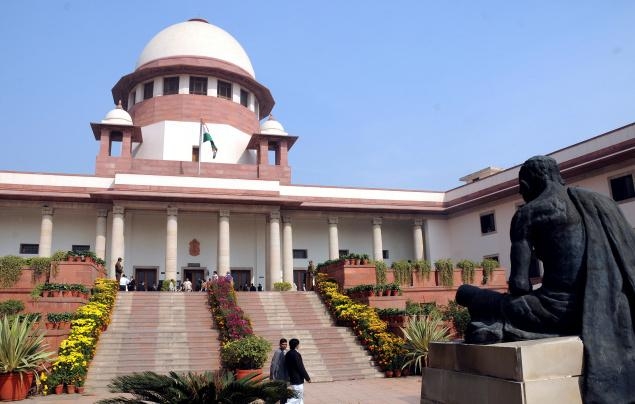
Abhish K. Bose: You have represented giant corporations and heads of governments across the globe. What are the ethical yardsticks that you embrace while representing those parties?
Zaiwalla: In representing these parties the ethical yardsticks which I have adopted is to act with full integrity, trustworthiness, and fairness. However important my clients are, I would never consider putting forward misleading facts on their behalf. There have been multiple occasions where I have withdrawn on an existing client case because I have found the clients evidence to be dishonestly obtained, or the client has admitted unlawful conduct.
Abhish K. Bose: As a lawyer who spend a major portion of your life and career in UK how do you consider the attitude of the British political leadership towards India. With the ascendancy of Rishi Sunak as PM is there any expressed improvement in their attitude towards India?
Zaiwalla: As the world knows, in a democracy views of political leadership changes according to the party elected to power. This typically happens everywhere. Generally in today’s international politics, what matters is what is best for the economics of a country. From my experience, I can say that British political leadership towards India has been responsive and now that the Indian economy has grown (and is likely to be the 5th biggest economy in the world very soon), British political leadership would look at India in a way more favourable than ever before. In today’s world, it is all about internal economics when it comes to the question of foreign policy.
Abhish K. Bose: In your memoir’ Honour Bound – Adventures of an Indian lawyer in the English Courts’ published in 2020 you revealed about the dealings from businessman Ajitabh Bachchan, whom you represented in a libel case in London in connection with the alleged Bofors kick back. You claimed that you know the source of the money which Ajithabh invested in the shipping business on your behalf, however, you did not divulged it in your memoir. Could you explain whose money it was and how that episode came to an end?
To be honest, I really never knew the source of the money which Ajitabh had said to be invested in a shipping business on my behalf. It would be wrong for me to guess. I was never directly told the source of the money. I have described how this episode ended in my memoir ‘Honour Bound – Adventures of an Indian Lawyer in the English Courts’, which has been published by Harper Collins.
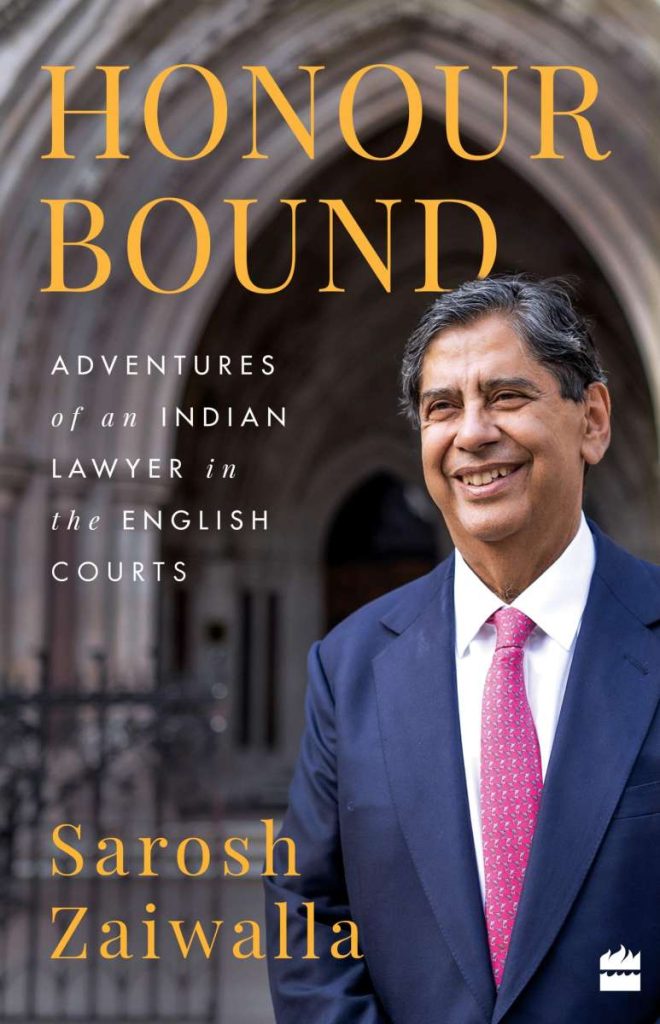
Abhish K. Bose: In a shocking incident at the Kerala High Court, a lawyer allegedly received bribes from accused persons for getting favourable verdicts over the enticement that the money is to be given to the judges handling the cases. Similar incidents indicates the prevalence of corruption in judiciary. How can the Indian judicial system be immunized from corruption?
Zaiwalla: Corruption in judiciary is outrageous and this incident in the Kerala High Court needs to be condemned. I have never come across any suggestion of corruption in respect of English Judges at any level. The obvious way to immunize the Indian judicial system from corruption is for the Indian Parliament to pass strict criminal law to punish not only the Judges involved, but also the interlocutrices who play any part in the corruption process with strict prison sentences and confiscation of assets bought through corrupt funds.
Abhish K. Bose: The legal proceedings in the Enrica Lexie case in which two Italian marine officers allegedly shot down two Kerala based fishermen culminated without convicting the marines and the Court in Rome as well as the Supreme Court of India quashed the case thereby stipulating to provide monetary compensation. As an international arbitrator do you think whether the case was handled judiciously by the Indian authorities in which the lives of two of its citizens were claimed?
Zaiwalla: I am of the view that the decision of the court in Rome, as well as the Supreme Court of India, was correct and fair. Under criminal law, there must be ‘mens rea’, meaning a guilty mind for a crime having said to be committed. If the shooting of the Kerala fisherman was the result of a misconceived danger on part of the Italian marine officers, then one cannot say that ‘mens rea’ existed in these circumstances to find them guilty of a criminal conduct.
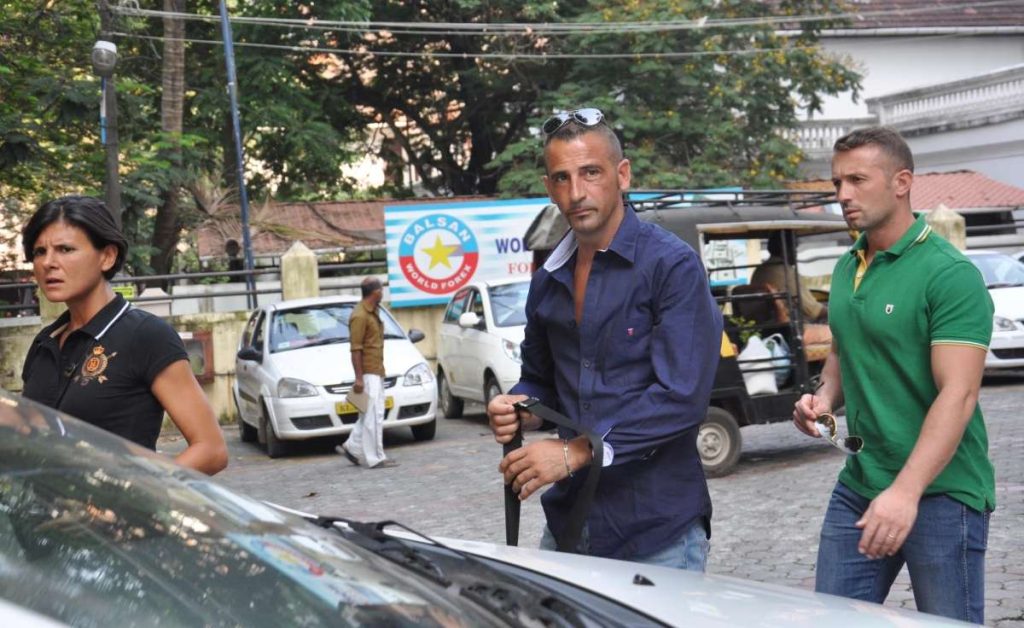
Abhish K. Bose: Mass migration is the rule of the day of the contemporary world as huge populations across the globe are looking forward to exploit its possibilities. What are the existing legal protections for the migrants in UK?
Zaiwalla: In so far as legal method of immigration is concerned, there is a legal procedure for a person to enter and live in the UK. In the UK the principle of the Rule of Law is strictly adhered to by the Courts and its citizens. For any foreign passport holder to enter the UK without immigration clearance would be unlawful and therefore the British Government is bound to take steps to prevent such unlawful immigration. Britain is a signatory to the United Conventions of Human Rights which requires countries to allow refugees to be granted asylum, but this only applies to those who are not refugees by choice but those who lose their homes and belongings because of war or national calamities which makes it virtually impossible for them to stay in the their home countries.
ALSO READ: Interview on Communist Movement in India

